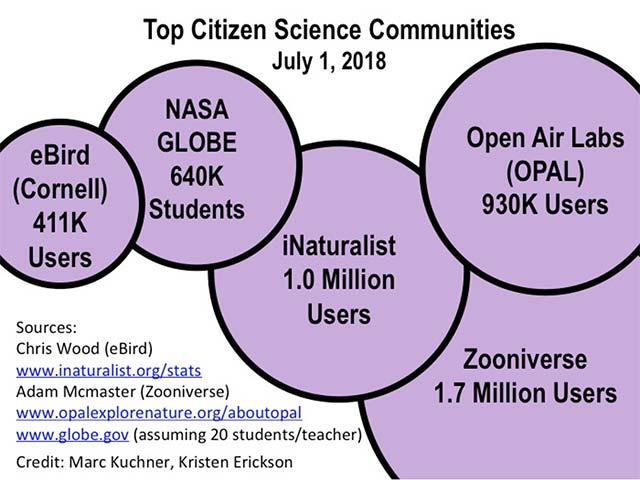
IWCR INSIDERS: WINTER 2023 EDITION
We all know the drill. Every year, January arrives and couch potatoes become weekend warriors. Suddenly gyms are full, and veggies magically appear in your fridge. We choose #intention words, share goals with friends and family, and plan a bright new year. For many, the beginning of a New Year brings the desire to set new goals and resolve to change something important in their life.
When people begin a new goal, research shows they start on specific types of dates. Researchers call these dates Temporal Landmarks. ^1
These Temporal Landmarks are moments when we find it easier to separate our “old” self from our aspirational “new” or future self. Unlike some personal temporal landmarks — such as a birthday, a new semester, or beginning a new job — a New Year produces a universal beginning for everyone at exactly the same time. Welcome to the phenomenon of New Year’s Resolutions. Americans make a lot of them — about 40% of Americans currently make some sort of New Year’s resolution. ^2
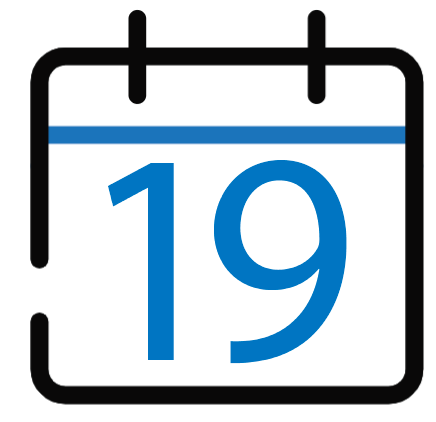 While intentions and hopes are high on January 1st — in fact 52% of resolvers in one study were confident of success at the beginning — we know that by February, if not sooner, most will have returned to their 2022 behaviors, and the cycle will repeat the following year. ^3
While intentions and hopes are high on January 1st — in fact 52% of resolvers in one study were confident of success at the beginning — we know that by February, if not sooner, most will have returned to their 2022 behaviors, and the cycle will repeat the following year. ^3
January 19 is the day most people
have quit their resolutions.
Data on resolutions vary, but there are general trends. The most common New Year’s resolutions among US respondents are health-related, such as exercising more and eating healthier. By comparison, other countries tend to focus on mental health and relationships. For example, in Canada, the most popular resolution is to save more money and reduce debt. In Japan, people often resolve to become better versions of themselves by learning a new skill or taking up a hobby. In China, the Lunar New Year is more significant, and the focus is more on rituals to bring luck in the new year.
The top 5 New Year’s resolutions among U.S. respondents ^4
52%
Exercise More
50%
Eat Healthier
40%
Lose Weight
39%
Save More
37%
Family Time
Common reasons for failure on New Year’s Resolutions include: 35% admitted they had unrealistic goals, 33% did not keep track of their progress, and 23% forgot about the goals entirely. Making too many resolutions — taking on too much — is also a common pitfall. ^5
Without a plan, a resolution is just a wish. We know that people who get specific, and set concrete milestones fare better. In one study, those who set specific milestones did 22% better. ^6
Those who succeed are likely to have turned their resolution into concrete steps, and to have continued those actions until they became part of a new lifestyle or pattern. Research also shows that aspirational (“approach”) goals such as adding in positive behavior (eat more veggies, for example) produce better results than negative (“avoid’) goals such as resolving to never eat pizza again. ^7
Some experts recommend 5 factors that make a goal more concrete. Consider creating goals that are:
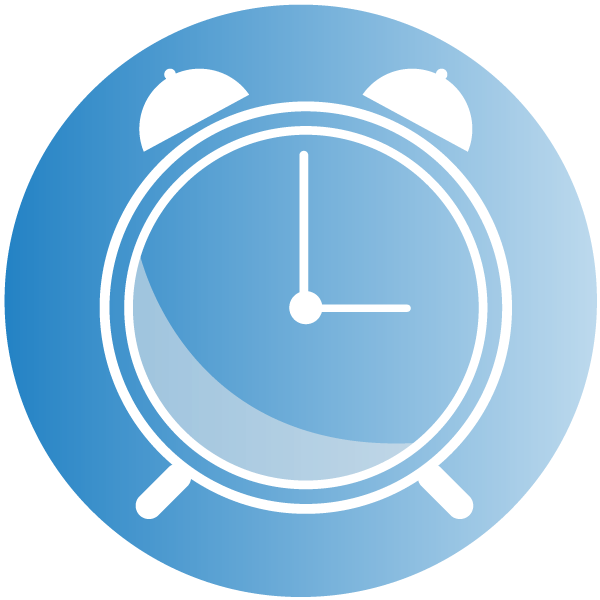
Specific
“Walk 4 miles a day” vs “Get healthier”

Measurable
Track progress metrics, such as steps, pounds, or pages

Achievable
Is it within the realm of possibility?

Realistic
Don’t bite off more than you can chew.

Time-Bound
Set interim weekly goals, and set aside time to pursue these goals.
Research has shown habit formation taking anywhere from 18 to 254 days — depending on the habit you are trying to change or create! The popular idea that it only takes 21 days is inaccurate, according to research conducted in 2009. The median length of time was found to be 66 days, assuming the new behavior is performed daily. Stopping and starting extends that timeframe, or can even result in failure. Furthermore, the timeframe can vary depending on the intended behavior and how supportive your environment is. Charles Duhigg, author of The Power of Habit, states the timeframe is influenced by your consistency in taking action.
Some questions to consider if you are attempting habit change include: Is this a new habit, or are you trying to “overwrite” an old, ingrained habit? How supportive is your environment? Are there cues or “hooks” to hang your new habit on? Does it fit smoothly into your life, or are additional changes necessary? Is your habit intrinsically enjoyable, or do you need extra reinforcement? All these factors can shorten or extend the time it takes.
Research shows that, in some respects, opportunities for resolutions do appear many times a year. Temporal Landmarks include both special personal occasions such as birthdays, returning from a vacation, or a new job, as well as calendar events such as a holiday, the beginning of a new week or month. Each of these dates is a “fresh start” opportunity to begin a new cycle.
Do you make an annual New Year’s Resolution? A positive view is that it provides a great opportunity to pause and reflect, to better redirect our lives in a positive direction. On the other hand, failing at a goal can feel like more than a waste of time. It may make people feel less capable — even hopeless when it comes to goals like weight loss, eating healthier or moving more.
We are curious: How do you feel about Resolutions? What makes a good New Year’s goal for you? Do you set large aspirational goals or smaller ones? Do you concentrate on the outcome itself or the steps to achieve the goal? Do you ask friends or professionals for support?
There are as many answers to these questions as there are people, and many ways to achieve success. Just like so many things we study in the IWCR, the answers may be very individual. Help us understand what works for you and what might work for others. We want to know what you think and what you do!
Changing anything can be challenging — how do you stay motivated? Join us in your private Facebook group and add to the discussion. What did you do to start 2023? Did you set a goal, make a resolution? Was it big, little smart? Is it still working?
Join us in your private IWCR Insiders Facebook group to discuss this article and learn from your fellow IWCR Insiders.
Do you have more to share? We want to invite you to engage more deeply with your fellow Citizen Scientists. In future issues, we will be profiling interesting people from the sciences and hopefully, from this study! We want to feature your stories, profile your opinions, experiences, and ideas. Whether you have a great success to celebrate, or struggles we can all learn from, we want to know you better.
Your story could be part of our next blog or newsletter! Do you have thoughts about what it was like to participate in the IWCR Questionnaires? Has something inspired you lately? What else do you want us to know?
Feel free to comment on this post, or write to study@internationalweightcontrolregistry.org. Your Citizen Science experiences may be featured right here — and ONLY with your permission.
Join our IWCR Insiders Facebook group to stay part of the conversation, meet your fellow Citizen Scientists of the IWCR, post and see amazing pictures of your favorite foods, participate in interesting polls, and help grow this vital global community. If you’ve completed the Registry, you can join here: https://www.facebook.com/groups/iwcrinsiders/
We look forward to staying in touch with you on this important lifelong journey.
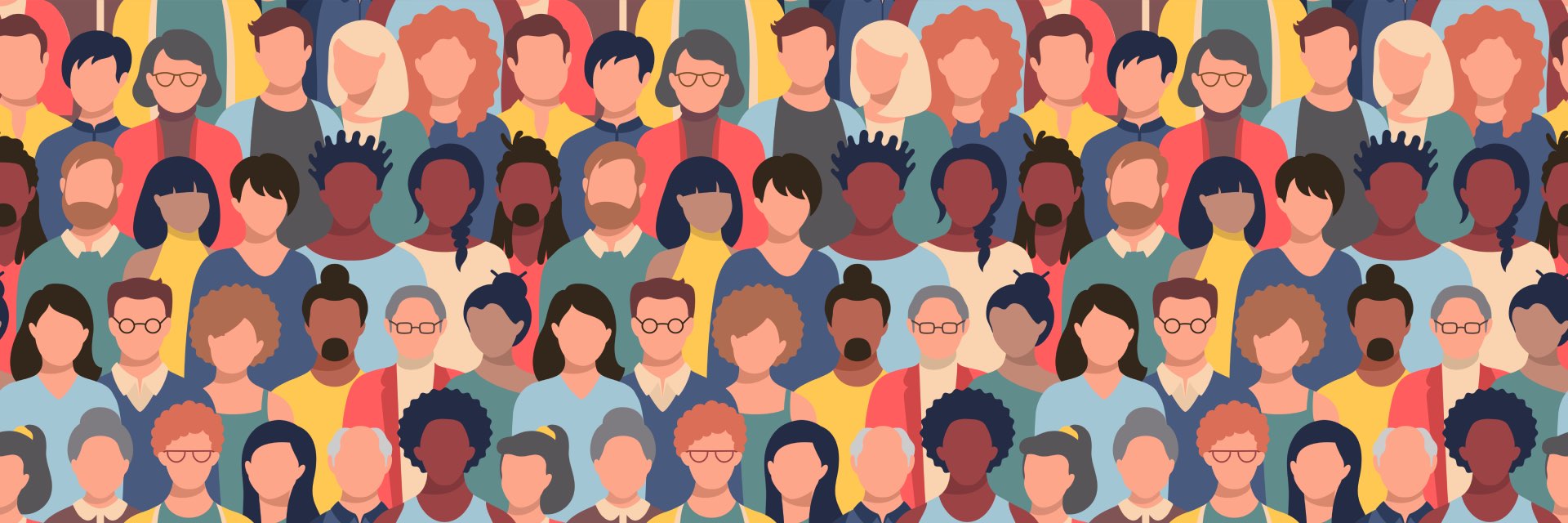
IWCR INSIDERS: SUMMER 2022 EDITION
The average person is buffeted by conflicting diet advice.
Both media experts and the food industry promote many simple-sounding yet contradictory solutions that never seem to live up to their lofty promises.
What if part of the problem was that one-size-fits-all solutions are not a good fit for everyone? We each have a unique DNA, a unique microbiome, and a unique constellation of other factors — from environment to lifestyle. What if it all mattered?
What if each person could benefit from an individualized approach? And what would that look like?
The new discipline of “Precision Nutrition” proposes to use Artificial Intelligence and Big Data — along with data collected from you — to predict how your body will respond to various foods and dietary patterns.
We are complex biological systems, and still very much mysteries. Precision Nutrition hopes to answer questions such as whether specific food choices might help people who have diet-related conditions like obesity, type 2 diabetes, and heart disease. It also hopes to help find better approaches to weight management that would result in less effort, less hunger, and better health overall.
The National Institutes of Health has begun a major research project focused on Precision Nutrition. It is called Nutrition for Precision Health (NPH). The program is awarding $170 million over 5 years to fund studies across the country. Researchers are recruiting a pool of 10,000 people to develop algorithms that can predict how your body responds to various parts of your diet. They’ll be looking at the diet, genetics, microbiome, physiology, and environment of the people in the study, along with other factors. And they are focusing on diversity, to make sure all types of people are included in the study.
“We know that nutrition, just like medicine, isn’t one-size-fits-all,” said Holly Nicastro, Ph.D., M.P.H., a coordinator of NPH. “NPH will take into account an individual’s genetics, gut microbes, and other lifestyle, biological, environmental, or social factors to help each individual develop eating recommendations that improve overall health. The evidence base is young,” says Nicastro. “We don’t want to just look at the microbiome, we don’t want to just look at genetics, because we need to be studying how all these things work together — other systems in the body, psychosocial factors, demographic factors, and other things that haven’t been traditionally captured in nutrition studies.”
Two founding members of the International Weight Control Registry are also Principal Investigators with the NPH. Although the two studies are not connected, the goals of both are aligned in working to find solutions.
Dr James Hill, Professor of Nutrition Sciences at UAB, is a Co-Founder of IWCR, and a Principal Investigator with the NPH study. When asked what excites him about NPH, he told us:
“The exciting research in precision nutrition holds promise that we can learn how to match each person with the specific diet and lifestyle that optimizes their health.”
And Co-Executive Director of IWCR Dr. Sai Krupa Das, Senior Scientist at The Jean Mayer USDA Human Nutrition Research Center on Aging (HNRCA) at Tufts University agrees. She shared with us that “The most exciting aspect of this research is knowing that we will be able to understand and help explain why individuals respond so differently to the same diets.”
Weight management is a complex problem that needs comprehensive solutions. As the work proceeds, we’ll be sure to keep everyone updated on their progress.
The IWCR was founded with a belief in people-driven discovery — that we need everyone’s story to be able to create transformational change. We believe the best answers will be found in the lived experiences of millions of people — including you. Everyone’s stories of success and failure provide valuable clues to these complex challenges.
What strategies have worked best for you in the past? What popular approaches did not work for you?
Join us in your private IWCR Insiders Facebook group to discuss these findings and learn from your fellow IWCR Insiders.
https://www.nih.gov/news-events/news-releases/nih-awards-170-million-precision-nutrition-study
Do you have more to share? We want to invite you to engage more deeply with your fellow Citizen Scientists. In future issues, we will be profiling interesting people from the sciences and hopefully, from this study! We want to feature your stories, profile your opinions, experiences, and ideas. Whether you have a great success to celebrate, or struggles we can all learn from, we want to know you better.
Your story could be part of our next blog or newsletter! Do you have thoughts about what it was like to participate in the IWCR Questionnaires? Has something inspired you lately? What else do you want us to know?
Feel free to comment on this post, or write to study@internationalweightcontrolregistry.org. Your Citizen Science experiences may be featured right here — and ONLY with your permission.
Join our IWCR Insiders Facebook group to stay part of the conversation, meet your fellow Citizen Scientists of the IWCR, post and see amazing pictures of your favorite foods, participate in interesting polls, and help grow this vital global community. If you’ve completed the Registry, you can join here: https://www.facebook.com/groups/iwcrinsiders/
We look forward to staying in touch with you on this important lifelong journey.

IWCR INSIDERS: SPRING 2022 EDITION
“Happiness is waking up, looking at the clock and finding that you still have two hours left to sleep.”
— Charles M. Schulz
Every Spring, the USA and many other Northern-hemisphere countries “Spring forward” in hopes of maximizing sunlight in the evenings. Do you recall turning the clocks forward this Spring, and losing an hour of precious sleep? Or are you too groggy to recall? 😉
Come on a journey with us to explore what other effects turning the clock forward and back might have — and whether it could even play a role in expanding our waistlines!
Everyone sleeps. Humans — and most animals — need sleep, and follow a natural circadian rhythm tied to the 24-hour day. No one is immune to the effects of sleep loss, yet science has much to discover about sleep’s benefits, and also what can go wrong when we don’t get enough. Too little, or too much sleep can impact our mood, memory, our ability to fight off infections, our metabolism and overall wellbeing.

Everyone also eats. As anyone who’s ever restricted food or eaten too much knows, too little or too much food can have similar effects on similar health markers. Is there a connection between sleep and eating?
A 2016 study looked at the combined results of 11 intervention studies. The 11 studies all were designed to compare a group that was partially deprived of sleep (the intervention group) with a control group that slept as they normally would, and measured the individuals’ food intake over the next 24 hours. This combined study found that sleep-deprived people consumed an average of 385 extra calories per day, after getting a reduced amount of sleep. The reduced amounts were between 3.5 and 5.5 hours of sleep, depending on the study. (1)
One study in the analysis also found the group that slept less chose foods higher in fat, and lower in protein. Carbohydrate intake overall was unchanged, although other studies show increased carbohydrate intake — so further studies are needed to see if there are truly any predictable trends in specific types of foods that sleep-deprived people choose. (1)
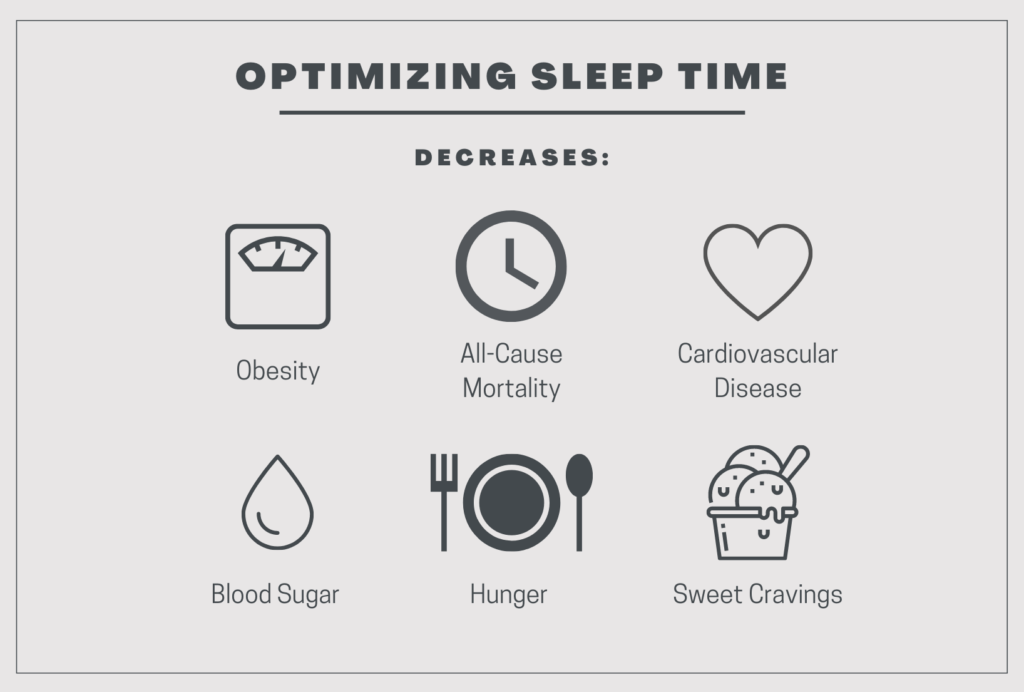
Multiple sleep studies showed that people who sleep either less than ideal amounts, or more than ideal amounts are at greater risk for obesity, all-cause mortality, and specifically premature death from cardiovascular disease. The good news is that increasing sleep from insufficient to normal levels was associated with improved insulin sensitivity (better blood sugar control), decreased levels of hunger hormones, and reductions in overall appetite, reductions in a desire for both sweet and salty foods, and reduced intake of foods with sugar added. (2)
So what happens when you get a little more sleep? A study published in 2022 followed young, overweight adults who habitually slept fewer than 6.5 hours a night. The researchers counseled them on how to get more sleep, and the group as a whole was able to increase its sleep duration by 1.2 hours per night on average. Compared to a control group that continued to sleep less than 6.5 hours a night, the sleep extension group ate an average of 270 calories per day less than they had previously been eating. This study is uniquely useful in that it was done in a real-world setting, with no manipulation or control over participants’ eating or activity habits. They were not locked in a lab — they were in their own beds, and making their own food and exercise choices. (3)
Getting at least 7 hours of sleep a night appears to be important for good health. When a person sleeps less than 7 hours a night there appears to be an association between less sleep and greater weight — the less sleep, the greater the BMI. (5)
One long-term study of 500 adults that lasted 13 years found by age 27 individuals who typically slept less than 6 hours were 7.5 times more likely to have a high BMI, even after carefully controlling for factors such as family history, levels of physical activity, and demographics. (5)
Do you know how many hours you sleep, on average? Is your sleep erratic, or are you on the same schedule each night? How has sleep impacted your weight journey?
Join us in your private IWCR Insiders Facebook group to discuss these findings and learn from your fellow IWCR Insiders.
Do you have more to share? We want to invite you to engage more deeply with your fellow Citizen Scientists. In future issues, we will be profiling interesting people from the sciences and hopefully, from this study! We want to feature your stories, profile your opinions, experiences, and ideas. Whether you have a great success to celebrate, or struggles we can all learn from, we want to know you better.
Your story could be part of our next blog or newsletter! Do you have thoughts about what it was like to participate in the IWCR Questionnaires? Has something inspired you lately? What else do you want us to know?
Feel free to comment on this post, or write to study@internationalweightcontrolregistry.org. Your Citizen Science experiences may be featured right here — and ONLY with your permission.
Join our IWCR Insiders Facebook group to stay part of the conversation, meet your fellow Citizen Scientists of the IWCR, post and see amazing pictures of your favorite foods, participate in interesting polls, and help grow this vital global community. If you’ve completed the Registry, you can join here: https://www.facebook.com/groups/iwcrinsiders/
We look forward to staying in touch with you on this important lifelong journey.

IWCR INSIDERS: SPRING 2022 EDITION
“Sleep that knits up the raveled sleeve of care …
great nature’s second course, chief nourisher in life’s feast.”
— William Shakespeare, Macbeth
Have you adjusted to losing that hour when the USA turned the clocks back for the start of Daylight Savings Time? As Shakespeare knew in 1606, sleep heals and nourishes us. But what else can it do? What effects does it have on weight management?
As Congress ponders whether to make Daylight Savings Time permanent, we can look to medical research for insight into sleep’s relationship to health. Scientists have long known that sleep deprivation has many serious health impacts, from memory and mood, to health and immunity, and also to appetite and food choices. Let’s look at some relevant studies.
When scientists study sleep duration and food choices, they find that reducing sleep by an hour or more from ideal increases calorie intake the next day by a range of 270 to 549 calories, with an average of 385 extra calories per day.
A 2021 study followed young, overweight adults who habitually slept fewer than 6.5 hours a night. The researchers counseled them on sleep hygiene, and the group as a whole was able to increase its sleep duration. The group average went from 6.5 hours to 8.5 hours of “in-bed duration”. Compared to a control group that did not sleep longer, the intervention group ate an average of 270 calories per day less than they had previously been eating. This study is uniquely useful in that it was done in a real-world setting, with no manipulation or control over participants’ eating habits. They were not locked in a lab — they were in their own beds, and making their own food choices. Furthermore, the participants ate whatever they wanted, with no food logging. (1)
Investigators used the clinical gold-standard “doubly labeled water” method to monitor change in energy intake. Subjects did not know they were in a weight loss study, so they did not consciously change their eating patterns to please the researchers.
The “doubly labeled water” method measures change in stored energy. This is a urine-based test that involves a person drinking water in which both the hydrogen and oxygen atoms have been replaced with less common, but naturally occurring, stable isotopes that are easy to trace. The use of this technique in humans was pioneered by the Dale A. Schoeller, Ph.D., Professor Emeritus of Nutritional Sciences at UW–Madison.
A 2016 meta-analysis done by King’s College London looked at 11 prior intervention studies. The 11 studies all compared a partial sleep restriction intervention group with an unrestricted sleep control group, and measured the individuals’ energy intake over the next 24 hours. It found that sleep-deprived people consumed an average of 385 extra calories per day. (A meta-analysis is a study combining the results of many prior intervention studies.)
They also found that the sleep-restricted people did not burn extra calories the next day, meaning those extra calories they ate were truly beyond their energy needs. They further found the intervention group chose foods higher in fat, and lower in protein. Carbohydrate intake overall was unchanged, although other studies show increased carbohydrate intake — so further studies are needed to see if there are truly any predictable trends in specific types of foods that tired people choose. (2)
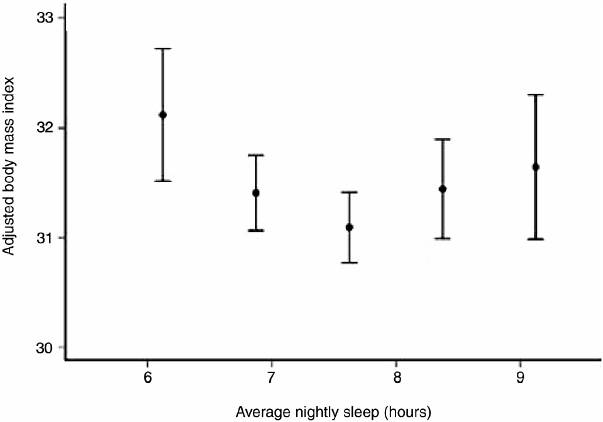
A previous small study using brain scans of 26 adults found partial sleep deprivation resulted in greater activation of areas in the brain associated with reward when people were exposed to food. In other words, food temptations were greater for tired people. (3)
A 2019 meta-analysis of seven qualified sleep studies showed that people who sleep either less than ideal amounts, or more than ideal amounts are at greater risk for obesity, all-cause mortality, and specifically premature death from cardiovascular disease. But increasing sleep from insufficient to normal levels was associated with improved insulin sensitivity (better blood sugar control), decreased levels of hunger hormones (both leptin and the peptide tyrosine-tyrosine), and reductions in overall appetite, reductions in a desire for both sweet and salty foods, and reduced intake of foods with sugar added.
In the past 10 years, research has increasingly shown that sleep loss has negative health effects. Studies suggest that sleeping less than 7 hours per night may have wide-ranging effects on the cardiovascular, endocrine, immune, and nervous systems, including the following:
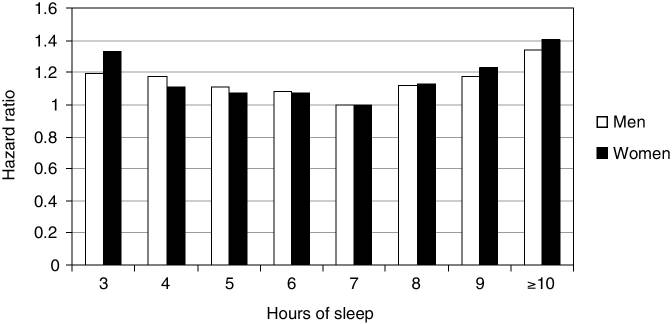
When a person sleeps less than 7 hours a night there appears to be a direct relationship between sleep loss and greater weight — the less sleep, the greater the obesity, as typically measured by body mass index (BMI). Although most studies were brief, one prospective study was a 13-year cohort study of nearly 500 adults. Even by age 27, individuals who slept less than 6 hours were 7.5 times more likely to have a higher body mass index, after carefully controlling for factors such as family history, levels of physical activity, and demographics (5).
Higher weight also contributes to obstructive sleep apnea (OSA) — breathing problems or snoring during sleep. This is usually the result of fat deposits in areas of the throat that impinge on airways, causing them to narrow. Studies find that large neck size is a better predictor of OSA than weight. and the finding that greater waist size is a better predictor of OSA than total obesity is. This is true in well-designed studies of both young children and adults (6)
7 hours of sleep a night appears to be the threshold for good health, yet 35.2% of all adults in the U.S. report sleeping less than seven hours per night. From 1985 to 2004, sleep loss increased between 12 and 25%
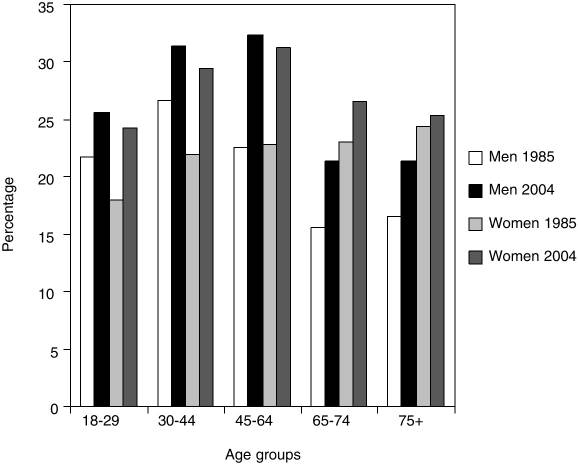
After adjusting for age, insufficient sleep by race and ethnicity shows clear differences with 46.3% of Native Hawaiians/Pacific Islanders, 45.8% of black people, 40.4% of American Indians/Alaska Natives, 37.5% of Asians, 34.5% of Hispanics, and 33.4% of whites reporting getting less than seven hours of sleep. (7)
Single parents and production workers sleep less too.
42.6% of single parents sleep less than seven hours per night compared to 32.7% of adults in two-parent homes and 31% of adults with no children.
More than 44% of workers in production-focused industries, such as factory workers and plant operators, report getting seven hours of sleep or less per night. (7)
Do you know how many hours you sleep, on average? Is your sleep erratic, or are you on the same schedule each night? Where do you fall when compared to these statistics, and what might you do to improve your situation? Join us in your private IWCR Insiders Facebook group to discuss these findings and plan your way forward.
Do you have more to share? We want to invite you to engage more deeply with your fellow Citizen Scientists. In future issues, we will be profiling interesting people from the sciences and hopefully, from this study! We want to feature your stories, profile your opinions, experiences, and ideas. Whether you have a great success to celebrate, or struggles we can all learn from, we want to know you better.
Your story could be part of our next blog or newsletter! Do you have thoughts about what it was like to participate in the IWCR Questionnaires? Has something inspired you lately? What else do you want us to know?
Feel free to comment on this post, or write to study@internationalweightcontrolregistry.org. Your Citizen Science experiences may be featured right here — and ONLY with your permission.
Join our IWCR Insiders Facebook group to stay part of the conversation, meet your fellow Citizen Scientists of the IWCR, post and see amazing pictures of your favorite foods, participate in interesting polls, and help grow this vital global community. If you’ve completed the Registry, you can join here: https://www.facebook.com/groups/iwcrinsiders/
We look forward to staying in touch with you on this important lifelong journey.

IWCR INSIDERS: WINTER 2022 EDITION
How were your holidays? The common belief is that people gain about 5 pounds over the winter holidays. How does this compare to your experience?
Weight research in the United States and Europe defines the holiday period as covering the last week of November to the second week of January, and finds that in adults studied, there is an average weight gain of roughly 0.9 to 2.0 pounds each holiday period, with marked variability between people. Some, but not all, of this weight may be lost in the summer months, and in those who retain this weight, it is believed to account for a large proportion of the annual weight increase adults experience across a lifetime. How does this compare to your experience?
There does not appear to be a significant difference between holiday weight gain in people planning to maintain their weight, lose weight, or who have no stated goals. Regardless of their intentions, researchers observe an average weight gain among all adults studied.
Targeted studies show that a committed exercise routine does not insulate people from holiday weight gain. When researchers study adults during the holiday period, they see increases in cholesterol, blood sugar, and insulin levels consistent with eating a higher-calorie diet. This is even true when the study examines doctors, nurses, and people with committed health goals. There is also a relationship between starting weight and weight gain, with heavier people gaining proportionally more during the holidays.
Other holiday periods follow the same pattern, with vacations at any time of year producing similar weight gains that occur regardless of the extra exercise that may accompany the vacation activities.
Since recent studies are suggesting that metabolism does not decrease in a straight line as we age, it’s important to look at causes of weight gain such as holidays and vacations as opportunities to prevent unwanted situational weight gain.
Surveys show that people eat more celebratory foods and become less active during the holiday period. This winter period, or any vacation, brings a change in routine, and exposes people to new and potentially higher-calorie foods. The holiday period we’re discussing also may come with increased stress, more parties and gatherings, greater availability of alcoholic drinks, food gifts, more incidental foods, and reduced physical activity.
Were the past 6 weeks relaxing, or were they more stressful for you? Did your eating patterns change a little? A lot? Did you set goals or make decisions in advance of the holidays, or did you feel yourself at the mercy of circumstance, parties, and holiday foods?
If you have lost, gained, or maintained, join us online in the private IWCR Facebook group to share your story. Have you made New Year’s resolutions? Are you starting a diet or exercise program? Share your plans and learn from your fellow IWCR study participants.
https://www.nejm.org/doi/full/10.1056/nejm200003233421206
https://www.hindawi.com/journals/jobe/2017/2085136/
Do you have more to share? We want to invite you to engage more deeply with your fellow Citizen Scientists. In future issues, we will be profiling interesting people from the sciences and hopefully, from this study! We want to feature your stories, profile your opinions, experiences, and ideas. Whether you have a great success to celebrate, or struggles we can all learn from, we want to know you better.
Your story could be part of our next blog or newsletter! Do you have thoughts about what it was like to participate in the IWCR Questionnaires? Has something inspired you lately? What else do you want us to know?
Feel free to comment on this post, or write to study@internationalweightcontrolregistry.org. Your Citizen Science experiences may be featured right here — and ONLY with your permission.
Join our IWCR Insiders Facebook group to stay part of the conversation, meet your fellow Citizen Scientists of the IWCR, post and see amazing pictures of your favorite foods, participate in interesting polls, and help grow this vital global community. If you’ve completed the Registry, you can join here: https://www.facebook.com/groups/iwcrinsiders/
We look forward to staying in touch with you on this important lifelong journey.
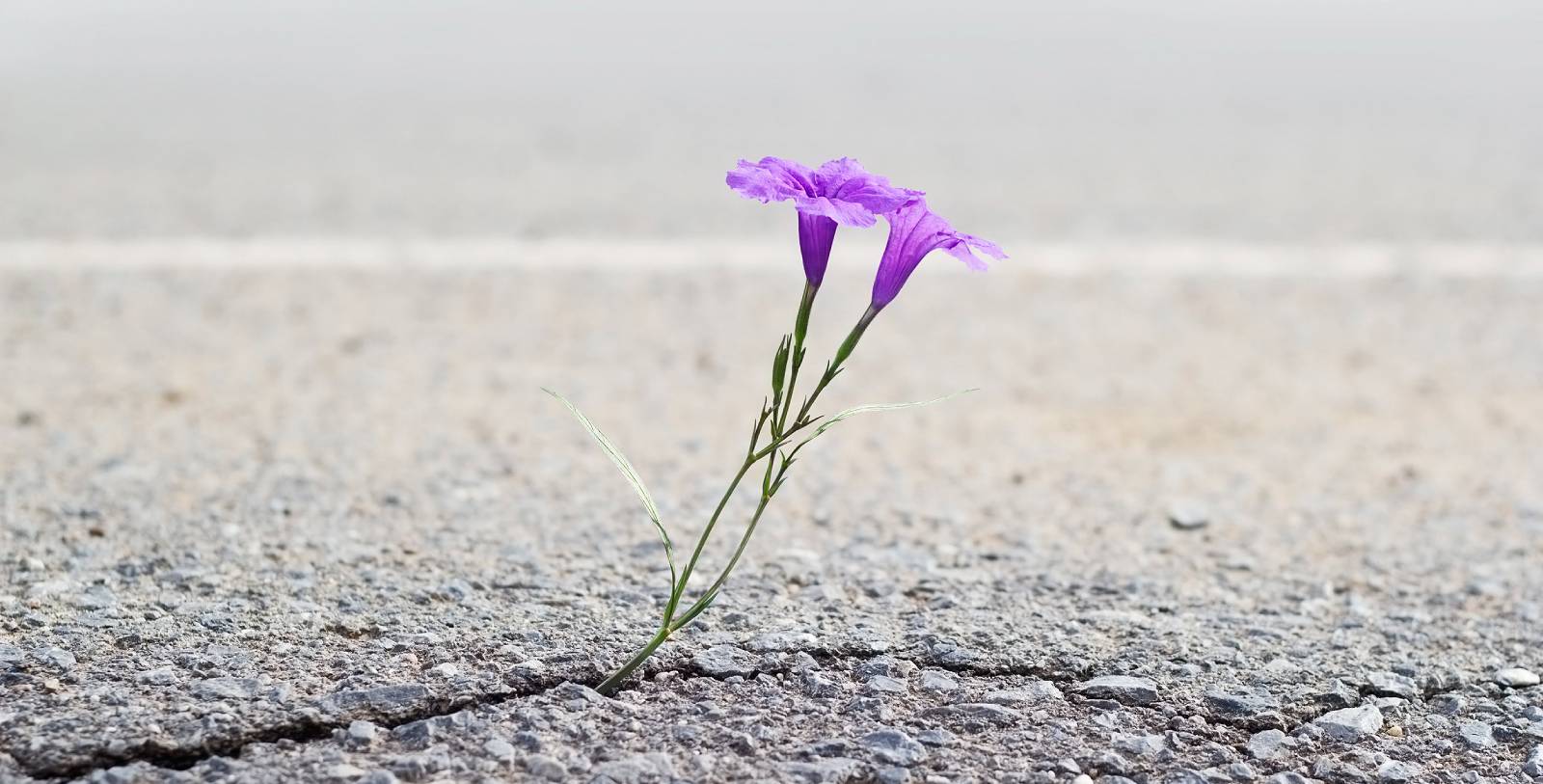
IWCR INSIDERS: SEPTEMBER 2021 EDITION
We love data, and have been tracking COVID-related wellness information as it arrives. Much of it is disturbing, but we can see good news hidden in the data too. Let’s explore two studies together.
The American Psychological Association’s latest Stress in America™ poll, published in March 2021, looking at the roughly one-year period since the World Health Organization declared a pandemic on March 11, 2020.
The poll results are based on a survey taken in February this year, and show results you might expect, with many adults reporting undesired changes to their weight (60%), changes in sleep (67%), increased drinking (23%) and other negative behaviors that may be related to attempts to cope with increased long-term stress.
We noted a longitudinal study suggesting leading indicators of people’s ability to adapt…
The numbers also look worse for parents with children under 18, as they dealt with both the outside world and extra parenting duties at home. Parents on average were 2 to 3 times more likely to have been diagnosed with a mental health issue or to have seen a mental health professional for help during this period. Essential workers fared similarly. And people of color reported experiencing generally larger effects where negative effects were experienced.
So where is the hopeful news we mentioned?
In the ScienceDirect journal Appetite, we noted a longitudinal study suggesting leading indicators of people’s ability to adapt to a new way of living, despite ongoing challenges.
This study explored effects of the COVID-19 pandemic on many factors, including quality of life:
It found that during the first 8 months of the lockdown (between March 30, 2020 and November 21, 2020), among participants aged 18-74, self-reported levels for depression and cognitive function that had initially dropped below population means, had improved. This was despite ongoing stressors such as increased food insecurity, reduced exercise opportunities, ongoing anxiety and isolation.
Self-reported levels among participants for depression and cognitive function had improved.
This could suggest that although other quality of life measures remained significantly worse than before the pandemic, study participants were finding ways to cope.
To quote the authors, although people in the U.S. are certainly still struggling “These findings also demonstrate the resiliency of Americans to adapt to unprecedented circumstances.”
Both of these studies were gathered online, so they do come with inherent limitations of online polling, which the researchers carefully noted. The November 2020 survey results also correspond with a lifting of some initial lockdown measures, and predate the spread of the Delta variant that has imposed some additional hardships. Nonetheless, we find it encouraging to see signs that we can adapt, and that hope will find a way.
What are you doing to support your own resilience and healthy mindset? What ways have you found to cope with ongoing challenges? Please join us in your IWCR Insiders Facebook Group to discuss this and many other topics related to weight and health.
APA Stress In America™ poll: https://www.apa.org/news/press/releases/2021/03/one-year-pandemic-stress
Appetite: Persistent effects of the COVID-19 pandemic on diet, exercise, risk for food insecurity, and quality of life: A longitudinal study among U.S. adults: https://www.sciencedirect.com/science/article/pii/S0195666321005468#bib30
Mechanical Turk study reliability: https://link.springer.com/article/10.1007%2Fs11606-017-4246-0
Do you have more to share? We want to invite you to engage more deeply with your fellow Citizen Scientists. In future issues, we will be profiling interesting people from the sciences and hopefully, from this study! We want to feature your stories, profile your opinions, experiences, and ideas. Whether you have a great success to celebrate, or struggles we can all learn from, we want to know you better.
Your story could be part of our next blog or newsletter! Do you have thoughts about what it was like to participate in the IWCR Questionnaires? Has something inspired you lately? What else do you want us to know?
Feel free to comment on this post, or write to study@internationalweightcontrolregistry.org. Your Citizen Science experiences may be featured right here — and ONLY with your permission.
Join our IWCR Insiders Facebook group to stay part of the conversation, meet your fellow Citizen Scientists of the IWCR, post and see amazing pictures of your favorite foods, participate in interesting polls, and help grow this vital global community. If you’ve completed the Registry, you can join here: https://www.facebook.com/groups/iwcrinsiders/
We look forward to staying in touch with you on this important lifelong journey.

IWCR INSIDERS: JULY/AUGUST 2021 EDITION
Whether you are interested in maintaining your health, avoiding future problems, or expanding your knowledge, there are many resources on the web and social media offering to help. But which can you truly rely on? How can you tell a fact from a fabrication? And what constitutes a scientific ‘fact’ anyway?
The saying goes “what we don’t know can’t hurt us,” but that is not true for the millions of Americans that suffer from chronic diseases like diabetes and heart disease, especially if they are in the early or undetected stages. Obesity is different because it is visible, but it is no less challenging to understand the causes and remedies. Millions of people struggle even while they are awash in information, because much of it is confusing or misleading. It can be difficult to know what to believe. Here are some tips to help you navigate the information landscape and find the answers most relevant to you.

1. Ask questions. We trust healthcare professionals to give us advice and help with health decisions, but we can also learn from them. Understanding the medical basis of our healthcare professionals’ recommendations brings us into the process and provides an opportunity to understand, explore and learn.

2. Seek out trusted sources. It’s important to understand where information comes from. Science is developed using a method known as a peer-review — where unaffiliated senior professionals look closely at the data and methods before it a study is published. This not only aims to verify how factual and significant the information is, but also holds it to a higher standard of reproducibility. The next time you open a search window, instead of Googling only the topic terms, try adding “PubMed,” for example “how to lose weight Pubmed” — this way you are more likely to find scientifically credible sources that have been peer reviewed before publication.

3. Check the sample and method. When you find something interesting, does the study or research apply to people like you? We all have different needs, and as it turns out those needs can vary a lot by age, gender, race, and many other factors. Many studies are also done with lab animals, petri dishes or test tubes! And not all such results translate directly to humans. So look to see if the study was on people, animals or lab cultures. Does the language describe a prediction and include the phrase “more studies are needed”, or is it reporting hard data?
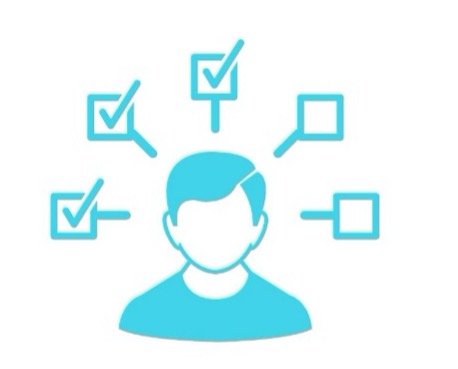
4. Check multiple sources. It is tempting to look for articles and other evidence that support what we already believe, but it is important to look around and see what other opinions look like, or if many trusted sources lean one way or another. Looking for 3 or more unrelated articles — articles with different authors, or that don’t cite one another — is a good way to start developing a sense of the subject from multiple points of view. Even if you can’t find — or don’t want to read the full text of — a scientific paper, the abstract and conclusion are often available for free. Also, check the year. Check the date on your source, because science evolves. Look to see if other things have been published more recently. Sometimes the updates can corroborate, but sometimes the changes in the scientific evidence can take a sharp left turn. It can be exciting to keep up to date on these developments too!

5. Get involved, stay involved, and share. Participating in research, from taking surveys such as the IWCR, to enrolling in full clinical trials, gives an inside view into the scientific process and will give insight into future developments. Getting involved opens a window into the future, giving a better sense of the direction science is headed.
Share what you’ve learned with others. Sharing what we learn from good research is not only a great way to help the information sink in, but it also helps create stronger communities. Studies show that even a single family member with increased science literacy can improve the health outcomes for other family members — imagine the possibilities if everyone we know participates by becoming more informed!
Whether it is curiosity or necessity, seeking and engaging with the science and the process can not only help improve and maintain your health, it can help every life you touch. You can help create a better world where living a healthy lifestyle becomes a positive collaboration between you, your loved ones, and everyone working in health and science on your behalf.
Knowledge truly is power, and you can empower yourself!
Do you have more to share? We want to invite you to engage more deeply with your fellow Citizen Scientists. In future issues, we will be profiling interesting people from the sciences and hopefully, from this study! We want to feature your stories, profile your opinions, experiences, and ideas. Whether you have a great success to celebrate, or struggles we can all learn from, we want to know you better.
Your story could be part of our next blog or newsletter! Do you have thoughts about what it was like to participate in the IWCR Questionnaires? Has something inspired you lately? What else do you want us to know?
Feel free to comment on this post, or write to editor@iwcr.study. Your Citizen Science experiences may be featured right here — and ONLY with your permission.
Join our IWCR Insiders Facebook group to stay part of the conversation, meet your fellow Citizen Scientists of the IWCR, post and see amazing pictures of your favorite foods, participate in interesting polls, and help grow this vital global community. If you’ve completed the Registry, you can join here: https://www.facebook.com/groups/iwcrinsiders/
We look forward to staying in touch with you on this important lifelong journey.
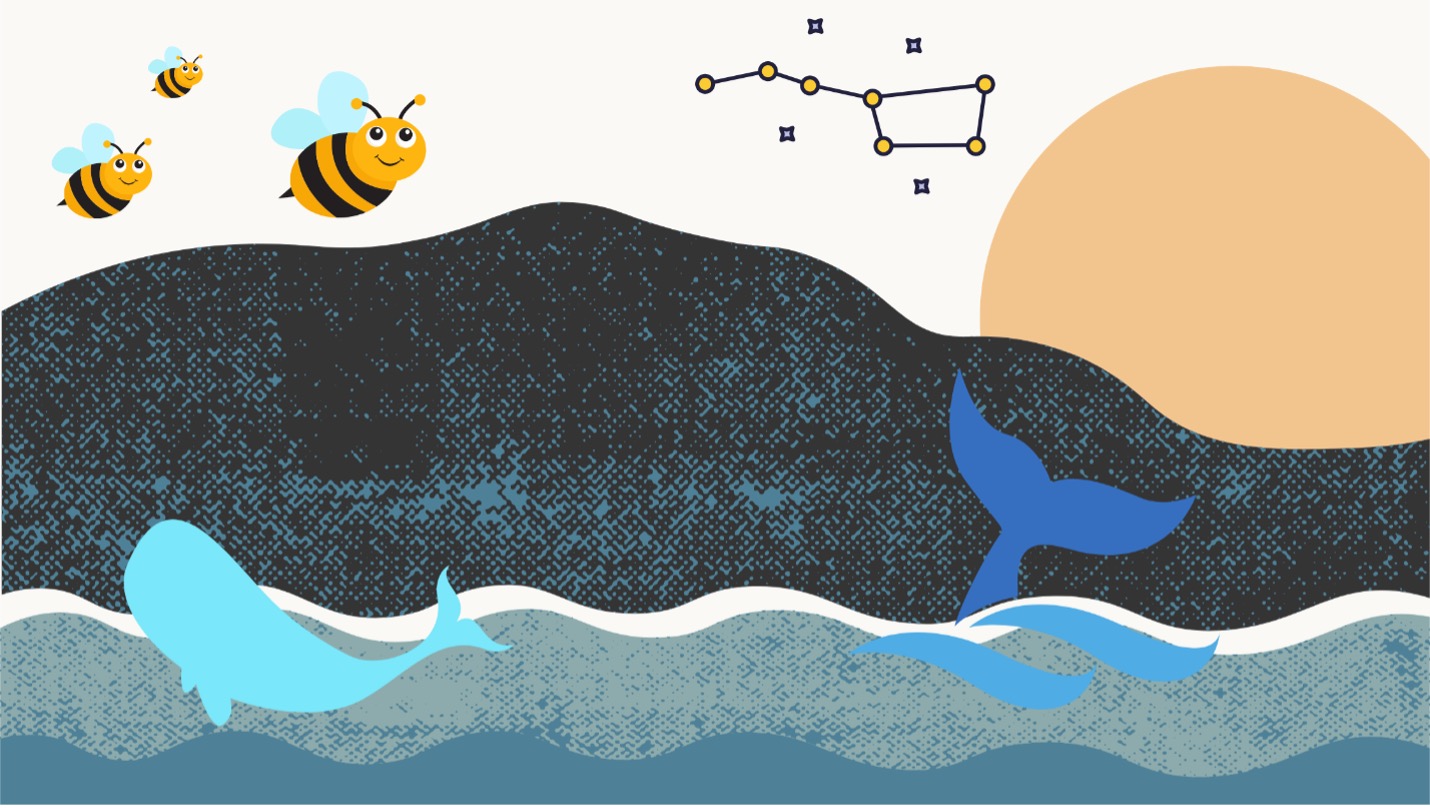
IWCR INSIDERS: JUNE 2021 EDITION
What do whales, bees, celestial bodies, biofuel, and you all have in common? Citizen Science! This cutting-edge method of research has arrived, and it is all about you. Your story matters, and by contributing your story you become part of the IWCR global community working to improve the lives of millions of people.
Citizen Science is a truly modern approach to data collection, through community participation in research. People just like you are pioneering the research that is helping us all understand our world better every day. Citizen Science research includes people like you studying everything from the smallest bees to the biggest whales, the stars in the sky, and new sources of eco-friendly energy. However, never before has there been a Citizen Science initiative that brings together a worldwide network of people like us—those starting, struggling, or succeeding with weight loss.
We are all walking around with a lifetime of wisdom inside us, and now instead of millions of untold stories—millions of data points—scattered throughout the world, we can collect your insights from across the world and centralize them, analyze them, find the patterns, test ideas, identify common obstacles, and discover many more ideas we haven’t even considered yet. It was never possible before, but thanks to your involvement we are on our way there—together!
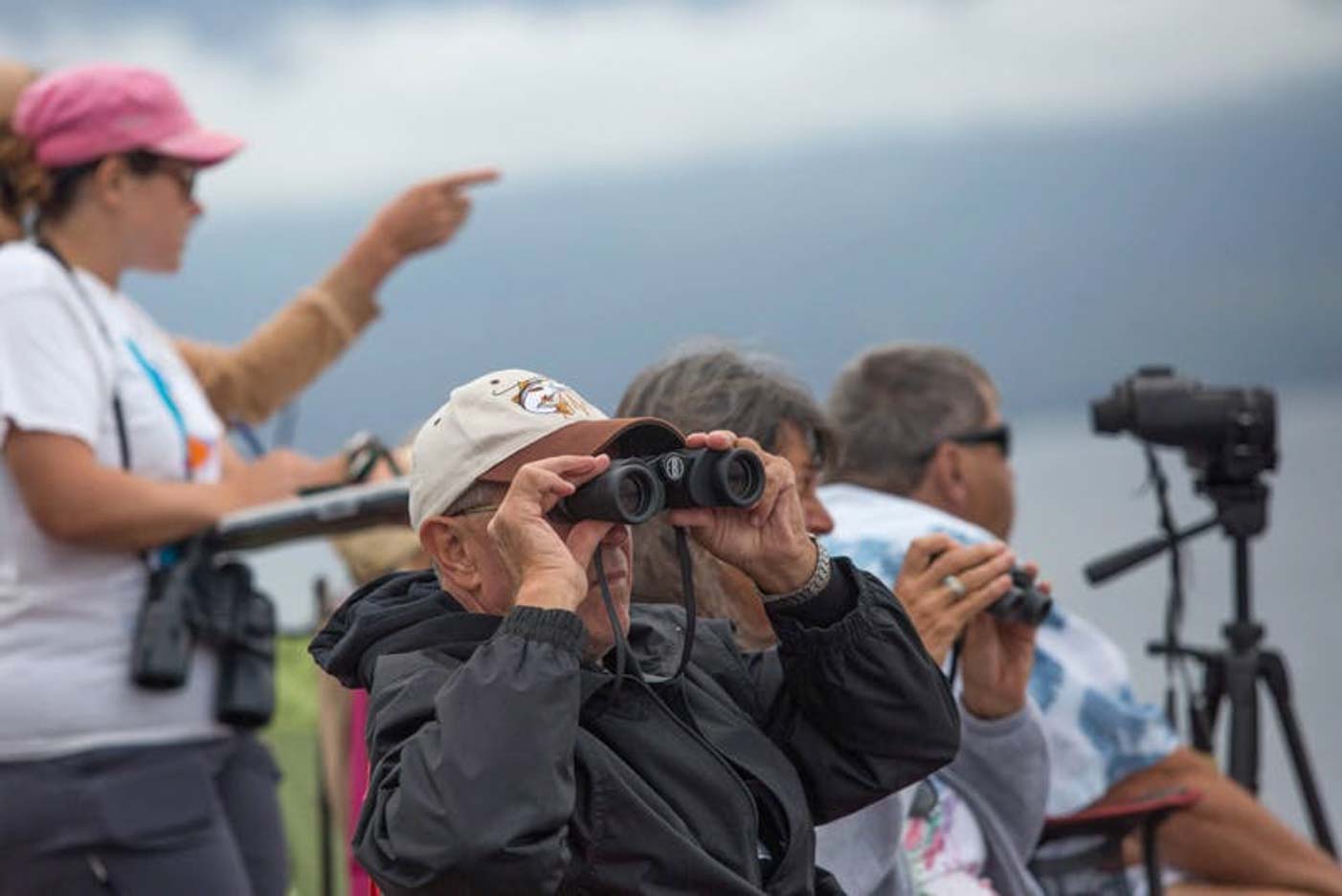
You are making a difference, not just for yourself, but for the rest of the world. Much is yet to be discovered. You and your fellow citizen scientists have stories to tell. You are the best resource for information on what works, what doesn’t, and how to make change stick. What makes weight loss so different from other challenges? Well, you probably already have an idea: everyone is different; we have different histories, like different foods, and have different medical needs, resources, and time constraints. On top of that, you may have kids to feed, parents to care for, careers to pursue and so on. We are unique individuals, but it is rare that our individual perspectives get included in the highly personal process of weight loss—together we will change that.
Do you have more to share? We want to invite you to engage more deeply with your fellow Citizen Scientists. In future issues, we will be profiling interesting people from the sciences and hopefully, from this study! We want to feature your stories, profile your opinions, experiences, and ideas. Whether you have a great success to celebrate, or struggles we can all learn from, we want to know you better.
Your story could be part of our next blog or newsletter! Do you have thoughts about what it was like to participate in the IWCR Questionnaires? Has something inspired you lately? What else do you want us to know?
Feel free to comment on this post, or write to editor@iwcr.study. Your Citizen Science experiences may be featured right here — and ONLY with your permission.
Join our IWCR Insiders Facebook group to stay part of the conversation, meet your fellow Citizen Scientists of the IWCR, post and see amazing pictures of your favorite foods, participate in interesting polls, and help grow this vital global community. If you’ve completed the Registry, you can join here: https://www.facebook.com/groups/iwcrinsiders/
We look forward to staying in touch with you on this important lifelong journey.
These are some of the many worthwhile citizen science projects we’ve noticed. Have you been involved in any? What are your favorites? Share your finds in the Facebook group.
Tracking whales and dolphins, and helping with ocean litter
https://www.pacificwhale.org/research/community-science/
Empowering beekeepers to help keep bee colonies healthy
https://www.epa.gov/citizen-science/hivescience
Helping amateur astronomers report comets and asteroids, and even look for signs of extraterrestrial life!
https://astrobites.org/guides/citizen-science-efforts/
An app to help track air quality and plastic pollution
https://www.biofuelsdigest.com/bdigest/2020/04/19/worlds-largest-citizen-science-initiative-launched-for-earth-day-2020/
